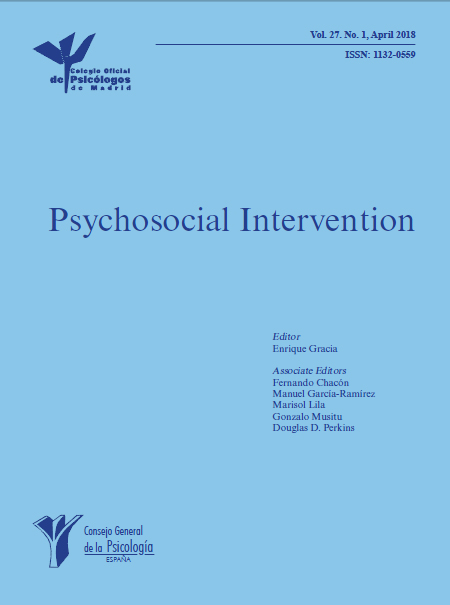
Cultura organizacional y formación continua: incidencia en la prevención de riesgos laborales
[Organizational culture and on-going training: their influence in work risks prevention]
Boada Grau, Joan$Diego Vallejo, Raúl de$Macip i Simó, Sergi
Univ. Rovira i Virgili, Fac. Ciencias de la Educación i PsicologÃa, Tarragona, España$Univ. Valladolid, España
Resumen
La Cultura organizacional es un proceso subyacente en los pensamientos, percepciones y sentimientos de los trabajadores; dando sentido a las situaciones; y presta a los miembros una orientación histórica y una visión de su identidad. Se considera que la CVL puede definirse a partir de dos perspectivas, la del trabajador que incide en los sentimientos, motivación, satisfacción, etc. vivida por el trabajador; y la del entorno laboral donde se resaltan los aspectos eco-ambientales del trabajo (fÃsicas, económicas y organizacionales). Los objetivos del presente estudio son: (A) Examinar la interacción intergrupos entre la Actividad Económica y la Cultura organizacional (Variables Independientes Asignadas) y las variables dependientes (once aspectos PRL); y (B) Determinar si el Número de Trabajadores, la Cultura Organizacional y la Formación Preventiva son predictoras de aspectos inherentes a la Prevención de Riesgos Laborales (once variables criterio). Respecto al método puede indicarse lo que sigue. La muestra utilizada es de 233, se han considerado nueve sectores productivos. Se les aplicó sendos cuestionarios: uno propio (PRL) y otro (Cuestionario de Cultura Organizacional). En cuanto a los resultados se demuestra los efectos de la Cultura Organizacional y de la Formación en prevención.
Abstract
Organizational culture is a process underlying worker thoughts, perceptions and feelings. Thanks to organizational culture, situations make sense, members get a historical orientation and an awareness of their identity. The Quality of Occupational Life can be defined from two views: a) worker´s view, influencing his/her feelings, motivation, satisfaction, etc.; b) occupational environment view, where eco-environmental aspects of labor (i.e., physical, economic and organizational aspects) are the most relevant. The goals of this study are: a) to examine the inter-group interaction between, on the one hand, the economic activity and the organizational (the independent variables) and, on the other hand, the dependent variables (eleven features of occupational risk prevention); and b) to determine whether the number of workers, the organizational culture and the preventive training are predictors of aspects inherent to Occupational Risk Prevention (eleven criterion variables). A sample of 233 subjects was used, and nine production sectors were taken into account. Subjects filled in two questionnaires: an ad hoc questionnaire (Occupational Risk Prevention) and the Organizational Culture Questionnaire. Results show the influence of organizational culture and training in prevention.
Copyright © 2024. Colegio Oficial de la Psicología de Madrid















